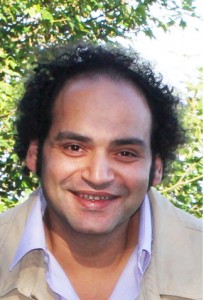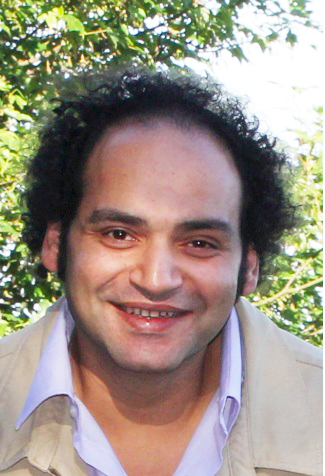
I came back last night from a week-long forum in Denmark on different themes related to Egypt. Danish interest in the Egyptian post-revolutionary experience always amazes me. In fact, it is not just the Danes; rather most Western European democracies have been very engaged with the transition to democracy in Egypt. The number of research papers I read, conferences I attended and workshops I participated in on the role of political parties in democratising Egypt is vast.
However, in all these different venues usually related to the West, I see the same recurrent theme over and over again, an obvious misunderstanding of the significance of political parties and a general ignorance of the prevalent political culture in Egypt.
The Western model of democracy is a model rooted within democratic institutions, mainly political parties and civil society organizations. The West has been trying to export that model to Egypt for some time now. Before I go any further, this is not propaganda for another conspiracy theory where the West is accused of wanting to take over Egypt and divide it into smaller states or make it a mute docile follower, we have many thinkers and writers who specialise in that line of thought.
What I intend to argue is that a fundamental misconception is present within Western eyes and how they see the democratic procedure in Egypt. This fundamental misconception is paired with a deep-rooted belief in the universality of the Western model of democracy in the abstract sense. The combination of these two factors created a new “Orientalist” dimension in the development-based relationship between the West and Egypt (and a number of other Arab countries as well).
This “Orientalist” dimension makes the Western outlook of the democratic process in Egypt prisoner to a one-sided vision that measures the pace of democracy by the growth of institutions in their Western sense. The problem then becomes that this vision remains out of context and does not take into consideration the significance of political institutions in Egypt and the extent of room in which they are allowed to create impact.
In other words, instead of understanding the conditions in which a model can be applied, the West sought to implement a model then speculate about the reasons behind its ineffectiveness.
I have seen this rationale repeat itself over and over in Western thought on Egypt; that the more political parties Egypt has, the better the democracy is, the more structured the interactions between those parties are, the healthier the democratic experience becomes and the more organisational skills political parties can demonstrate, the easier it becomes for democracy to take place.
But here an important question must be raised, has the problem been always the lack of democratic procedure? Is democracy really a mechanical process that simple equations of power balance between institutions can fulfill? The problem in Egypt has never been just the lack of democratic procedure.
The real problem is the lack of efficient systems in which democracy, together with its institutions, could be embedded. Should we empower political parties and expect them to fulfill their goals in the absence of the necessary democratic matrix of rights, laws and duties?
It is not my intention to doubt the importance of political parties or to question the intentions of Western cooperation; I simply want to point to the fact that the outlook is inaccurate. While political parties are needed, in the Egyptian context right now, they should not be seen as a replacement to social movements or lobbies. Democracy is created from below, from grassroots level, and political parties in Egypt at the current moment operate on the top, on a state level.
Over-emphasising the role of political parties at the present moment will simply breed weak and immature democracy that looks flashy from the outside but remains inefficient and corrupt in its core. Political parties are but a tool in a larger kit that needs to be used comprehensively in order for it to induce any change.



